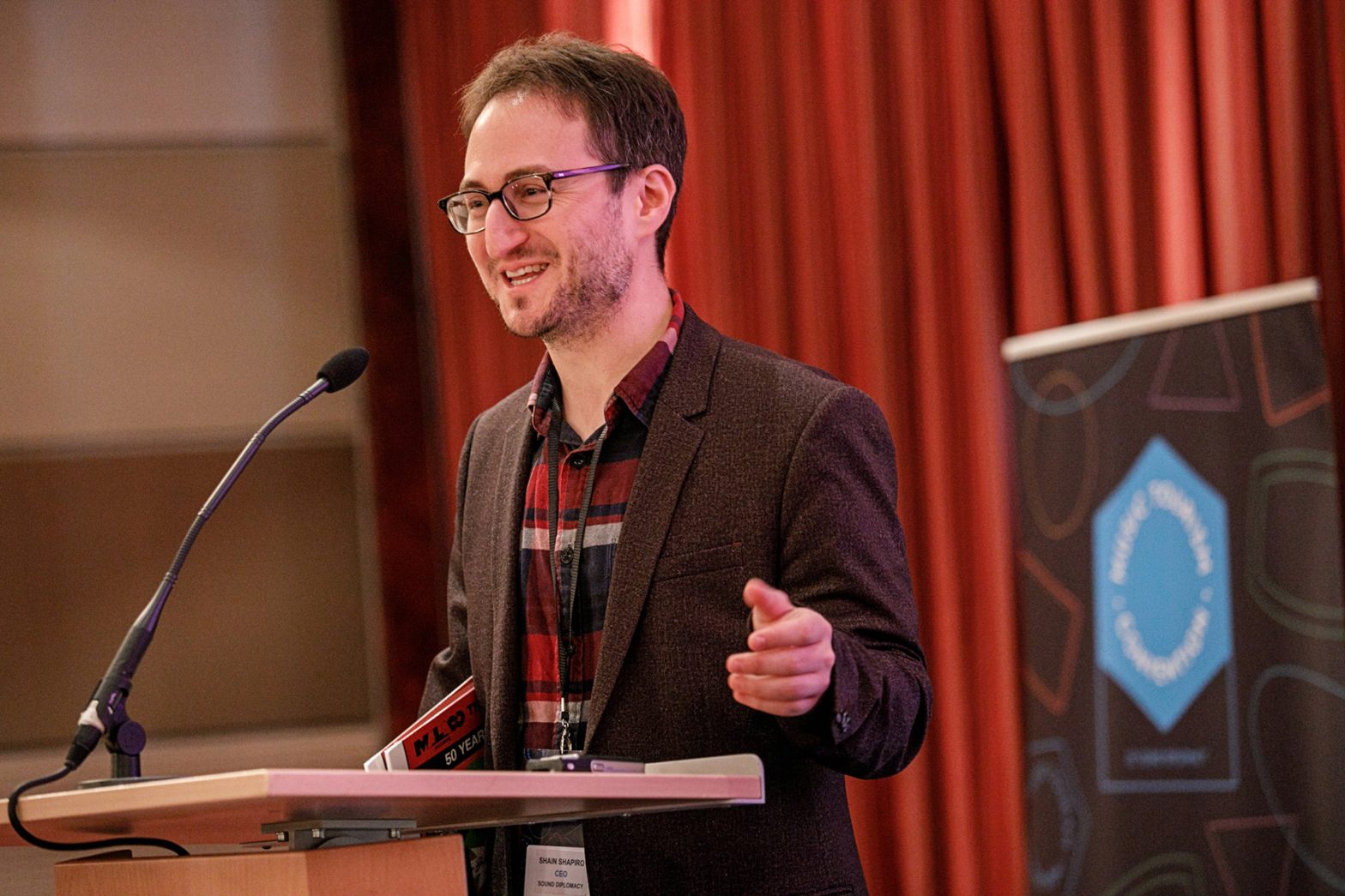
Photo: Y9A5702
Why cities should better utilise music
03 September 2018
by Jonathan Andrews

Photo: Y9A5702
03 September 2018
by Jonathan Andrews
Jonathan Andrews spoke to Shain Shapiro, Founder and CEO of Sound Diplomacy, on the sidelines of the Music Tourism Convention in Cologne about how culture and smart city technology can better bring people together
"There’s an EU-funded project looking at using blockchain technology to manage festival payments, and linking that with city businesses so extra money on a wristband can be used for groceries and transport."
This is the third edition of the Music Tourism Convention, and the first in continental Europe. How is the event growing year-on-year?
We believe the breadth of content that we're showcasing and the variety of locations working on music tourism initiatives is growing. This was...
Unregistered users have limited access to our stories. Register for free now to enjoy Cities Today without restrictions.
Already a subscriber?
| Cookie | Duration | Description |
|---|---|---|
| cookielawinfo-checbox-analytics | 11 months | This cookie is set by GDPR Cookie Consent plugin. The cookie is used to store the user consent for the cookies in the category "Analytics". |
| cookielawinfo-checbox-functional | 11 months | The cookie is set by GDPR cookie consent to record the user consent for the cookies in the category "Functional". |
| cookielawinfo-checbox-others | 11 months | This cookie is set by GDPR Cookie Consent plugin. The cookie is used to store the user consent for the cookies in the category "Other. |
| cookielawinfo-checkbox-necessary | 11 months | This cookie is set by GDPR Cookie Consent plugin. The cookies is used to store the user consent for the cookies in the category "Necessary". |
| cookielawinfo-checkbox-performance | 11 months | This cookie is set by GDPR Cookie Consent plugin. The cookie is used to store the user consent for the cookies in the category "Performance". |
| viewed_cookie_policy | 11 months | The cookie is set by the GDPR Cookie Consent plugin and is used to store whether or not user has consented to the use of cookies. It does not store any personal data. |
You have reached the limit for the basic subscription. Please upgrade to Premium to download more
You have reached the limit for the basic subscription. Please upgrade to Premium to save more

